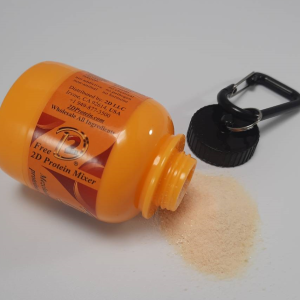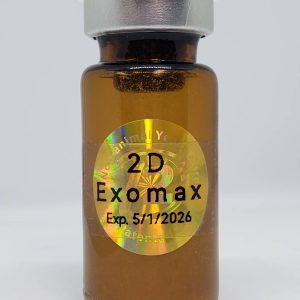Description
Beer production generates significantly more spent grain waste compared to Distillers’ Dried Grains (DDGS).
Beer Spent Grain:
- Estimated Global Beer Production: Around 1.82 x 10^11 liters annually.
- Spent Grain Ratio: Roughly 80% of the grain used in brewing ends up as spent grain waste.
DDGS:
- Data on global DDGS production is less readily available.
- However, for reference, the combined production capacity of US ethanol plants (a major source of DDGS) is estimated at around 44 million metric tons annually.
Enhancing the Market Potential of Spent Grain in Animal Feed Using Endotoxin Binding Peptides
Spent grain is a byproduct of the alcohol production process, rich in protein, fat, and fiber. However, it also contains high levels of endotoxins, particularly lipopolysaccharides (LPS) from Gram-negative bacteria, which can have negative effects on animal health.
Endotoxin Binding Peptides:
Endotoxin binding peptides are short peptides that can specifically bind and neutralize endotoxins. They can effectively reduce endotoxin levels in spent grain, making it safer for use in animal feed.
Current Spent Grain Usage and Potential:
Currently, spent grain inclusion in feed is limited to 10%. Detoxification could increase this to 100%. Adding our Longevity and Growth Peptides can significantly enhance animal immunity and growth. This three-pronged approach can transform a waste product into a valuable resource, offering a significant benefit to the brewing and livestock industries in various countries.
Market Advantages of Using Endotoxin Binding Peptides to Enhance Spent Grain in Feed:
- Improved Animal Health and Productivity: Endotoxin binding peptides can reduce the negative effects of endotoxins on animals, enhancing their immunity, disease resistance, growth, and reproduction.
- Reduced Feed Cost: Spent grain is a relatively inexpensive feed ingredient. Increasing its inclusion rate can lower overall feed costs.
- Reduced Environmental Pollution: Improper spent grain utilization can lead to environmental pollution. Many breweries must pay to dispose of large amounts of spent grain waste.
Factors Promoting the Application of Endotoxin Binding Peptides in Spent Grain Feed:
- Government Policy Support: Government policies supporting feed safety and environmental protection can create a favorable environment for the application of endotoxin binding peptides.
- Recognition by Feed Enterprises: Feed companies recognizing the potential value of endotoxin binding peptides can actively develop and promote endotoxin binding peptide products.
- Demand from Farmers: Farmers seeking to improve animal health and productivity, reduce feed costs, and minimize environmental pollution will drive demand for endotoxin binding peptide products.
Conclusion:
Utilizing endotoxin binding peptides to increase spent grain inclusion in feed has significant market potential. With technological advancements and market promotion, endotoxin binding peptides can play a vital role in the feed and livestock industries. Hmm, how amazing it is to fix a fermentation dilemma with precision fermentation (PF).




Reviews
There are no reviews yet.